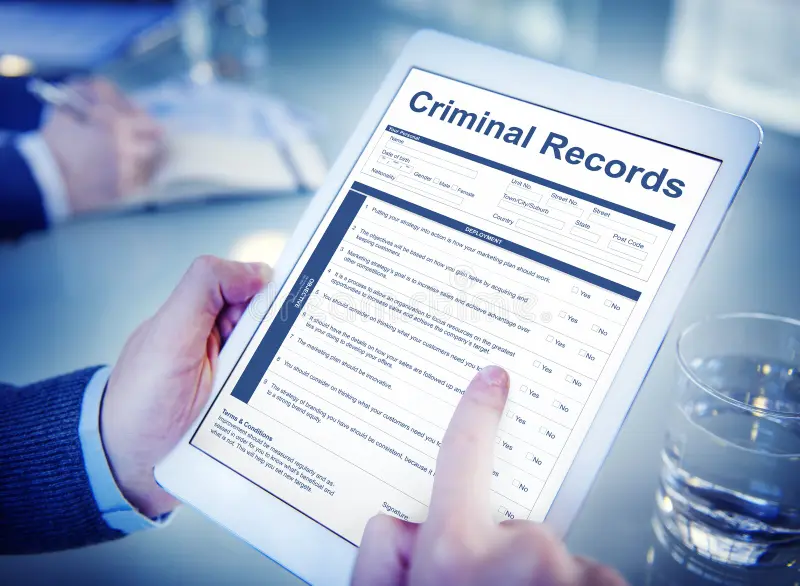
Clearing your criminal record in Colorado can change your life. It opens doors to fresh opportunities and allows you to rebuild without past mistakes holding you back. Expungement, also known as record sealing, can erase past convictions from public view. In Colorado, the process is straightforward but requires careful attention to detail. You must first determine if your conviction qualifies for expungement. Not all crimes are eligible, so understanding the legal requirements is crucial. Next, gather necessary documents, including court records and personal identification. Then, file a petition with the court where the conviction occurred. This step involves specific forms and fees, so accuracy is essential. You might need to attend a hearing to discuss your case. While this process can be done alone, seeking professional help is wise. Visit https://martinlawfirmpc.com/ for guidance from experienced attorneys who can offer support and expertise every step of the way.
Understanding Eligibility
Before proceeding, you need to confirm if your offense qualifies for expungement. Colorado law allows expungement for certain offenses, but not all. Typically, non-violent misdemeanors and some felonies qualify. You can check the eligibility criteria on the Colorado Judicial Branch website. Juvenile records and certain drug offenses often have different rules, so reviewing these specifics is important.
Gathering Documents
Once you confirm eligibility, gather all necessary documents. This includes court records, arrest records, and a valid ID. These documents provide proof of your conviction details and personal information. Ensuring these are accurate will streamline the process. You can obtain court records from the court clerk where your case was handled. For arrest records, contact the arresting agency.
Filing a Petition
The petition to expunge requires specific forms, which can be found on the Colorado Judicial Branch Forms page. Complete these forms with precise information. This includes details about your conviction and your personal history. Submit the completed forms to the court where your conviction occurred. A filing fee is required, although fee waivers may be available for those who qualify.
Attending a Hearing
After filing, a court hearing might be necessary. This hearing allows you to present your case for expungement. Be prepared to explain why you deserve to have your record sealed. Judges consider factors like time since the offense, rehabilitation efforts, and the impact of a criminal record on your life. Documents supporting your rehabilitation, like employment records or community service evidence, can strengthen your case.
Potential Outcomes
The court will decide whether to grant or deny expungement. If granted, your record becomes inaccessible to the public. However, some government agencies might still access sealed records for specific purposes. If denied, you may have options to appeal or reapply after a certain period.
Comparison of Eligible and Ineligible Offenses
| Eligible Offenses | Ineligible Offenses |
|---|---|
| Non-violent misdemeanors | Violent crimes |
| Certain drug offenses | Sexual offenses |
| Juvenile offenses | DUI/DWAI |
Seeking Professional Help
While expungement can be pursued independently, legal assistance is beneficial. Attorneys specializing in expungement understand the intricacies of the law. They ensure your application is correctly filed, reducing errors that could result in denial. Professional guidance provides peace of mind and increases the chance of success. For expert advice, contact Martin Law Firm.
Conclusion
Expunging a criminal record in Colorado involves detailed steps, but the benefits are substantial. A clean record offers new job opportunities and personal freedom. Understand the eligibility criteria and prepare necessary documents. Filing accurately and possibly attending a hearing are important steps. Consider legal help to navigate this process successfully. By clearing your record, you invest in a future unburdened by past mistakes.